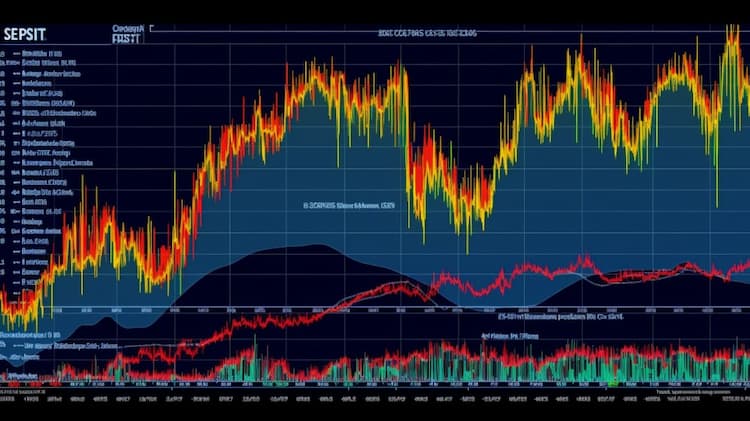
FXA VS FXC
Exchange-Traded Funds (ETFs) have become an integral part of modern investment portfolios, offering diverse exposure to various sectors and asset classes. In this article, we will delve into a thorough comparison between two prominent ETFs: FXA (Invesco CurrencyShares Australian Dollar Trust) and FXC (Invesco CurrencyShares Canadian Dollar Trust). We'll explore a range of aspects, including ETF tickers, full names, issuers, sectors, top holdings, capitalization, strategy, tracking methods, and exposure.
FXA Vs FXC: Overview
FXA and FXC are two ETFs designed to provide investors with exposure to different foreign currencies. FXA focuses on the Australian Dollar (AUD), while FXC targets the Canadian Dollar (CAD). Understanding the specific currencies each ETF tracks is essential for investors looking to diversify their currency exposure and potentially benefit from foreign exchange movements.
FXA Vs FXC: Sectors and Top Holdings
The FXA ETF is primarily focused on providing investors with direct exposure to the Australian Dollar. Its holdings consist of Australian Dollar cash deposits. On the other hand, FXC offers exposure to the Canadian Dollar by holding Canadian Dollar cash deposits. Investors considering these ETFs should be aware that their holdings predominantly consist of cash deposits denominated in the respective currencies.
 FXA overlap FXA VS FXC
FXA overlap FXA VS FXC
FXA Vs FXC: Capitalization and Strategy
Both FXA and FXC are structured to track the performance of their respective currencies against the US Dollar. The capitalization of these ETFs reflects the popularity of investors seeking exposure to these specific currencies. Investors should note that the strategies of FXA and FXC are centered around tracking the currency movements rather than attempting to generate capital gains through traditional equity investments.
FXA Vs FXC: Tracking and Exposure
FXA and FXC offer exposure to the currency markets through the use of cash deposits denominated in the target currencies. Their tracking methods involve closely mirroring the movement of the Australian Dollar and the Canadian Dollar against the US Dollar. As such, investors in these ETFs can potentially benefit from changes in currency exchange rates.
Conclusion
FXA and FXC provide investors with a unique way to gain exposure to foreign currencies, allowing them to diversify their investment portfolios and potentially benefit from currency exchange rate movements. While FXA focuses on the Australian Dollar and FXC on the Canadian Dollar, both ETFs offer an alternative investment avenue beyond traditional equities and fixed-income securities. For individuals seeking to gain insights into the holdings, correlations, and overlaps of these ETFs, ETF Insider presents an invaluable tool. This user-friendly app empowers investors to explore various aspects of these financial instruments and make informed decisions.
Disclaimer: This article does not provide any investment advisory services.
Sources:
https://www.invesco.com/ FXA ETF issuer
https://www.invesco.com/us/financial-products/etfs/product-detail?audienceType=Investor&ticker=FXA FXA ETF official page
FAQ
Why is FXA better than FXC?
FXA may be considered better than FXC for some investors due to its specific focus, offering diversification.
Does FXC beat FXA?
FXC's performance relative to FXA will vary over time, depending on market conditions.
Should I invest in FXA or FXC?
The choice between FXA and FXC should align with your investment goals, risk tolerance, and desired exposure.
Are FXA and FXC good investments?
Both FXA and FXC can be suitable investments depending on individual investment strategies, goals, and risk profiles.
What is the correlation between FXA and FXC?
The correlation between FXA and FXC can vary over time, reflecting differences in performance.














